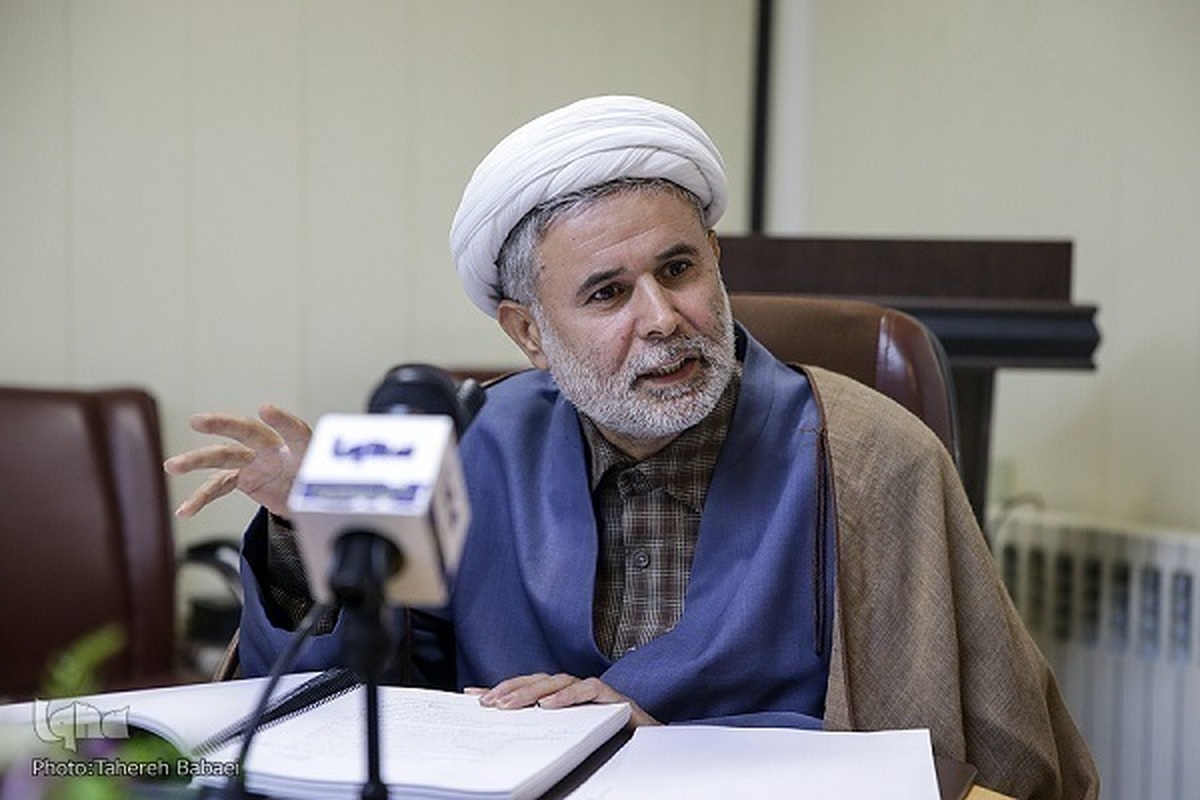Quranic Perspective on Peace and War: Scholar Explores Core Principles


Understanding this requires examining verses related to monotheism, Jihad, and the rejection of domination, Hojat-ol-Islam Alireza Qobadi, a sociologist and religious expert, added.
He has authored a series of essays examining the concept of peace in the Quran, sharing them with IQNA.
“A common thread in the lives of the Holy Prophet (PBUH) and his descendants was their commitment to treaties and peace—though the term ‘peace’ in Imam Reza’s (AS) case may be applied more loosely,” Qobadi noted. “This makes it fitting to reflect on peace during these days,” he added, referring to the last days of the lunar Hijri month of Safar in which fall the anniversaries of the passing of Prophet Muhammad (PBUH) and the martyrdom of his grandsons, Imam Hassan (AS) and Imam Reza (AS).
While past discussions have broadly addressed peace—particularly Imam Hassan’s (AS) historic peace treaty—Qobadi’s latest work delves deeper into the Quran’s stance. “Initial analysis raises the question: Does the Quran consider peace the norm and war the exception, or vice versa?” he wrrote. “Or, when considering all relevant verses, can we even declare a fixed ‘principle,’ or are both contingent on circumstances?”
He emphasized that examining war and peace separately is insufficient, as they are often viewed as opposites. “Understanding any concept requires studying its counterpart,” he argued.
Peaceful coexistence, Qobadi noted, is among humanity’s oldest ideals. Yet despite progress in other fields, “humanity remains trapped in cycles of violence, with lasting peace still a distant dream.”
Some studies suggest that only about 10% of recorded history has seen widespread peace, he noted.
“The failure to achieve lasting peace lies partly with those who preach it while fueling conflict,” he wrote. “They define peace in self-serving terms, not as mutual recognition of rights.”
Despite this historical record, Qobadi observed that today, “the negative perception of peace’s absence often falls disproportionately on Muslims.”
“Media narratives frequently portray Islam as inherently violent, a perception amplified by extremist groups like Daesh (ISIL or ISIS) and Al-Qaeda. But we must also acknowledge the role of self-proclaimed peacemakers who highlight extremists’ actions while supporting them ideologically or militarily,” he added.
Read More:
Given this context, Qobadi stressed the need to clarify Islam’s teachings by examining peace in the Quran—“the most authoritative Islamic text”. This, he said, requires analyzing three key themes: Verses affirming monotheism and rejecting polytheism, verses addressing Jihad and armed struggle, and verses emphasizing “rejection of domination” (Nafi Sabil), which oppose non-Muslim supremacy over Muslims.
4300410



